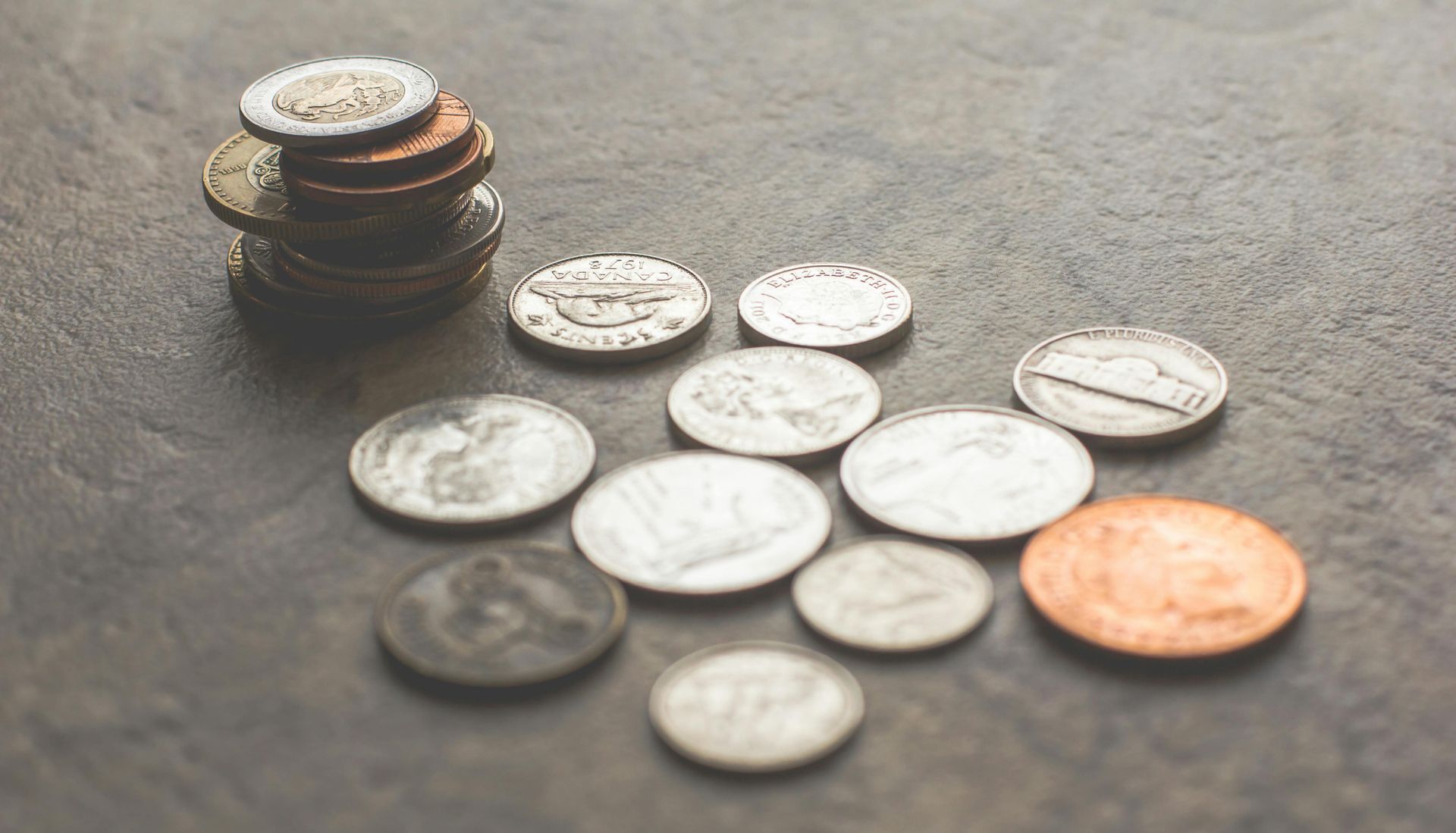Understanding What Debts Can Be Discharged in Chapter 13 Bankruptcy in New Jersey
Chapter 13 Bankruptcy in New Jersey: What Debts Can Be Discharged?
Filing for Chapter 13 bankruptcy in New Jersey offers individuals a way to reorganize their debts while protecting their assets. Unlike Chapter 7, which liquidates assets to pay creditors, Chapter 13 allows you to create a repayment plan over three to five years. At Carroll Law Firm, P.C., we help New Jersey residents understand what debts can be discharged through Chapter 13 and how this process can offer long-term financial relief.
Debts Eligible for Discharge in Chapter 13 Bankruptcy
Chapter 13 bankruptcy includes a broader discharge of debts than Chapter 7. Some of the most common dischargeable debts in Chapter 13 include:
- Credit Card Debt: Most unsecured credit card balances can be discharged.
- Medical Bills: Any outstanding medical debts are typically eligible for discharge.
- Personal Loans: Unsecured personal loans, including payday loans, may be discharged.
- Utility Bills: Past due utility bills are generally included in the discharge.
- Certain Older Tax Debts: Some income taxes may be dischargeable if they meet specific criteria related to the age of the debt and timely filing.
- Lease Obligations and Repossession Deficiencies: If you surrendered a car or property, the remaining debt could be wiped out.
- Court Judgments: Some civil court judgments can be discharged, excluding those related to fraud or intentional wrongdoing.
Debts That Generally Cannot Be Discharged
It’s important to note that not all debts qualify for discharge in Chapter 13:
- Student Loans: These are usually non-dischargeable unless you can prove undue hardship, which is difficult.
- Domestic Support Obligations: Child support and alimony payments remain your responsibility.
- Most Tax Debts: While some older tax debts may qualify, most recent or unpaid taxes do not.
- Debts for Personal Injury or Death Caused by DUI: These debts remain in place regardless of bankruptcy.
- Fines and Penalties Owed to Governmental Units: Most of these are not dischargeable.
Benefits of Chapter 13 for Non-Dischargeable Debts
Even when a debt can’t be discharged, Chapter 13 offers major advantages:
- You can stop foreclosure and catch up on mortgage arrears over time.
- It allows for structured payments on priority debts like taxes or domestic support obligations.
- Interest and penalties may stop accruing on certain debts during the repayment plan.
How Carroll Law Firm, P.C. Can Help
At Carroll Law Firm, P.C., we understand the financial stress you may be under and the importance of finding the right solution. Our team works closely with New Jersey residents to evaluate their unique financial circumstances and guide them through the Chapter 13 process. We will help determine which debts can be discharged and how to create a plan that puts you on the path to long-term stability.










